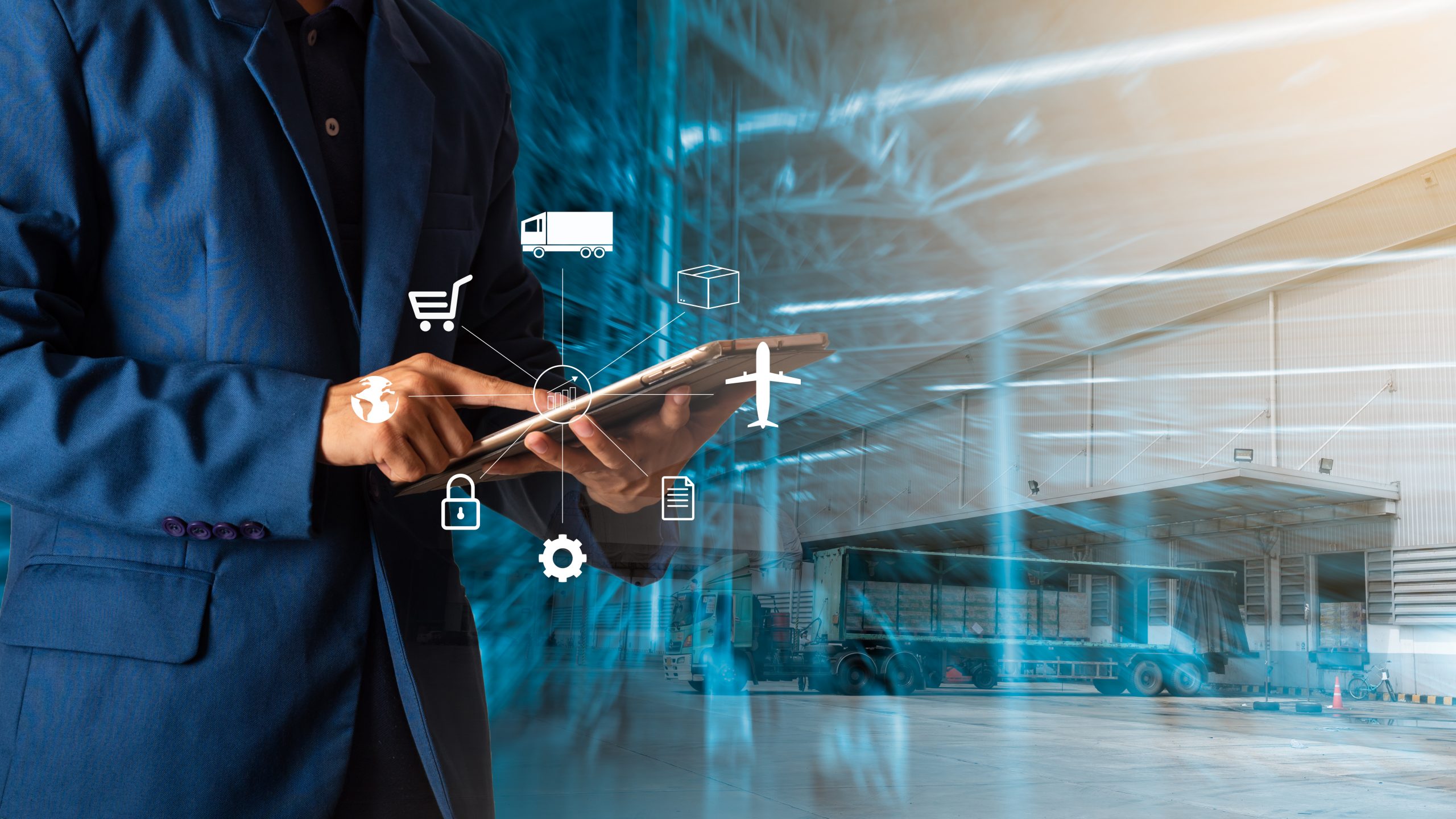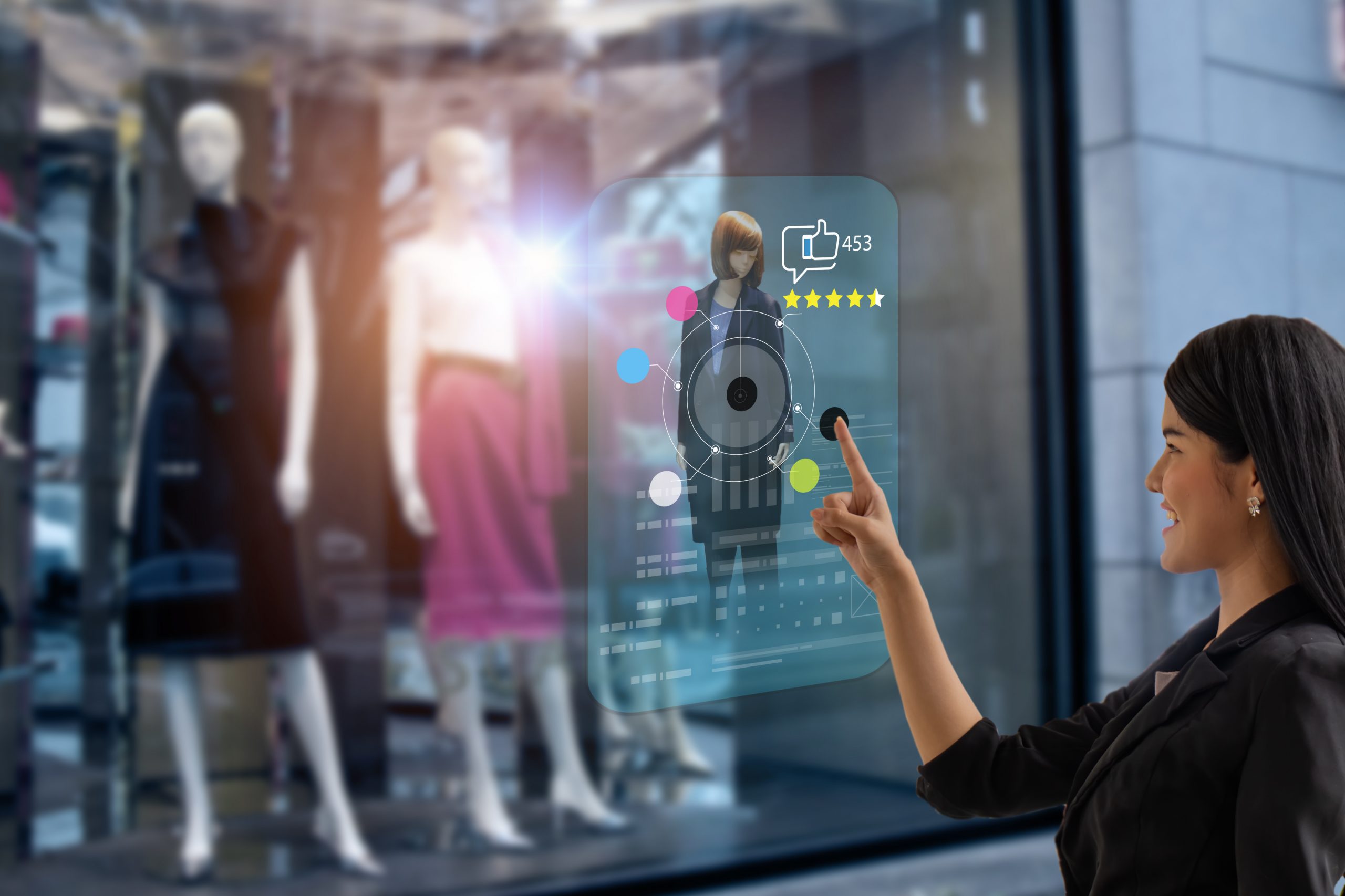We’ve all witnessed the notable rise of artificial intelligence (AI) in the last decade, as the technology has now become a significant part of business processes in almost every industry. In retail, AI is opening a new world of possibilities, helping businesses improve customer retention, maximize customer loyalty, and boost marketing ROI. According to a market research report by Meticulous Research, the AI in retail market is expected to grow 34.4% from 2020 to 2027 to reach $19.9 billion.
Many retailers have been quick to embrace AI and have reaped the benefits of a competitive edge, increased revenue, and accelerated growth. And those who haven’t are in a rush to jump on the AI bandwagon. In the near future, more and more businesses will employ AI and machine learning (ML) to help them with tasks like behavioral analytics, image recognition, and inventory management. AI can quickly analyze large amounts of data, such as customer demographics, search, and buying history, to suggest goods and services and generate business insights.
In a recent Wizeline virtual event featuring executives from leading AI companies, we discussed how AI technology could be used by enterprises looking to increase efficiency, improve user experience, and introduce intelligent automation across all business processes.
Today, we’re sharing this blog highlighting the key areas to focus on to stay at the top of the AI game and boost retail performance.
AI-Powered Retail Personalization
Personalization has been at the heart of retail since its inception. It was primarily displayed in in-person interactions where a store associate can give an informed opinion on a purchase decision, essentially making the customer’s life easier. That empathetic human-to-human interaction has always been the definition of outstanding retail experiences. It’s how retailers stood out and why customers came back.
However, the world of retail is different now. Customers expect the same personalization levels on the online channels where they shop. Fortunately, ML and AI capabilities are growing along with customer expectations, dramatically increasing the retailer’s ability to deliver exceptional personalization at scale.
According to PwC, customers are willing to pay up to 16% more for personalized shopping experiences. Powered by AI, retail personalization delivers a unique experience optimized for greater engagement and higher conversion to every customer. Every shopper sees a distinct version of the e-commerce site, dynamically personalized right from the first click.
To deliver this experience, retail businesses need to create, manage, and sort their data to develop personalization aids like shopper profiles focused on behavioral cues, transactional data, and demographic data, ultimately providing a more personalized experience to the customer.
Predictive Analysis for Supply Chain Management
The supply chain is an area that the implementation of AI could significantly transform. MarketsandMarkets predicts that global spending on AI in the retail supply chain will hit $10 billion by 2025, growing by over 45% annually. There is always a demand for quicker product delivery and improved inventory control. AI can reform supply chain and inventory management by analyzing existing data and customer behavior to ensure that the retailer always has the right stock — not too little, not too much.
Many large retail stores have adopted AI to optimize the supply chain and improve inventory management, including Walmart. Walmart uses big data and AI to enhance efficiency in its pharmacies by using simulations to discover the busiest times of the month and manage staff scheduling and inventory to reduce the time it takes to fill a prescription.
Alternative Ways to Search
Visual search is an AI technology that allows users to conduct an internet search using a picture instead of keywords. Visual search is expected to have a massive impact on e-commerce marketing, not only by transforming the way customers shop for visual products online but also for the way it will increase customer experience expectations.
Over the last couple of years, Google has rolled out visual search capabilities through its Google Lens, which can perform a wide range of actions that integrate technology seamlessly into our everyday life. For example, say you’re gifted a plant you don’t recognize. You can take a photo of it with Google Lens, and within seconds, you’re served its name, characteristics, and care instructions.
In retail, an example of visual search is the ASOS StyleMatch. As the name implies, the customer only has to upload an image, and StyleMatch will find the perfect match from ASOS’ catalog. StyleMatch has been trained to recognize over 80,000 products, enabling ASOS to retain a higher number of its potential customers by matching their search with excellent results.
On the other hand, voice search is becoming increasingly popular amongst consumers, with 40% of consumers using voice to order or buy something every month, according to PWC. Retailers need to implement natural language processing (NLP), AI, and ML technologies to make their online stores’ voice-search friendly and improve customer experience by proposing the correct answers to customer voice search queries.
Cashierless Shopping
A cashier-less store (also called a till-less store or checkout-free store) is a store that allows customers to shop for products and leave without having to wait in line and pay at checkout.
Cashierless stores were spearheaded by Amazon, which launched its first Amazon Go cashier-less store back in 2018. By logging in using a dedicated phone app upon entry, shoppers can walk directly into the 7/11-style convenience store, take any item they want from the shelves, and walk out without paying a cashier. These stores use machine vision technology and a range of other AI applications to track shoppers’ activities as they remove items from shelves, place them in their bags, and automatically bill them when they leave the premises.
Initial use cases were limited to small convenience stores, but in 2022 we can expect to see it rolled out into full-sized supermarkets like Tesco and Aldi.
Customizable Products
Advances in digital and manufacturing technology are now enabling brands to offer customers the ability to personalize or customize items online or in-store. The Deloitte Consumer Review report showed that more than 50% of consumers are interested in purchasing personalized products for themselves and their friends and family. Customization further strengthens the user experience for the customer by inviting them to become partners in the product creation process. The better the user experience, the better opportunity for conversions.
Nike laid the foundation for personalization many years ago, offering customers the opportunity to customize and personalize their products. While most brands aren’t ready for this level of manufacturing at scale, with rising technologies like 3D printing, product customization is slowly, but surely, accelerating its way into becoming more widespread. Companies like Coach, Unruh Furniture, and Nove25 apply these technologies and position themselves as highly innovative while providing a personalized purchasing experience.
Retailers that take part in product customization trends have the opportunity to increase product sales and build repeat business. To remain competitive long term, enabling personalization needs to be on every retailer’s technology roadmap.
In Conclusion
AI continues to present retailers and brands with many opportunities to experiment and grow. With the right AI strategy, your company can reduce costs, gain better business insights, and deliver a more robust user experience to retain customers and increase revenue.
Wizeline works with leading retail businesses to deliver innovative technologies, including natural language processing, artificial intelligence, and machine learning, to accelerate the technology roadmap. To learn more about how Wizeline delivers customized, scalable data platforms and AI tools, download our guide to AI technologies and connect with us today at consulting@wizeline.com to start the conversation.








